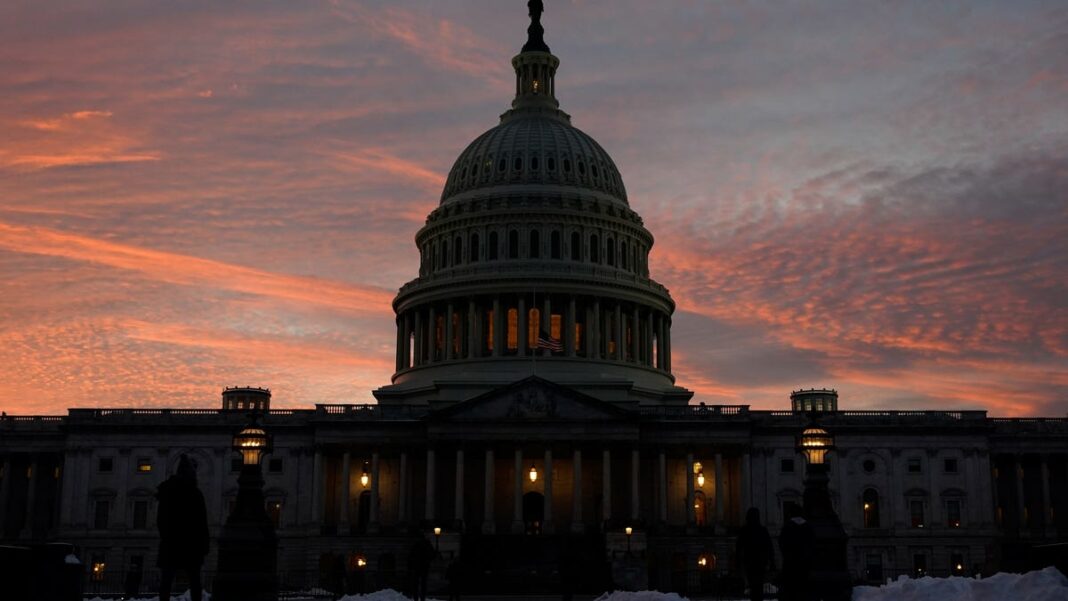Shutdown more and more likely: House rejects Trump-backed deal to keep government running
WASHINGTON − Lawmakers have rejected a deal backed by President-elect Donald Trump to fund large parts of the U.S. government, making a partial shutdown appear all but inevitable heading into the end-of-year holidays and with a transition of power in the White House just a month away.
The House voted 235-174 to reject the spending bill where two-thirds of the chamber was needed for passage. Thirty-eight Republicans joined 197 Democrats in opposing the bill.
House Republicans had hurried to craft a new continuing resolution, or temporary means to keep things up and running, on Thursday, after their original bipartisan agreement was torpedoed by Trump and allies Elon Musk and Vivek Ramaswamy. The House GOP is expected to go back to the drawing board Thursday night to figure out their next steps.
Current government funding expires at the end of the day Friday.
House Speaker Mike Johnson, R-La., spent hours on Thursday behind closed doors meeting with other lawmakers and hammering out the pared-down bill, absent several of the provisions that had upset many in his caucus.
However, some Republicans remained unpersuaded, while Democrats, angered by Johnson’s scrapping of the previous bipartisan agreement, said “hell no.”
“Extreme Maga Republicans are driving us to a government shutdown,” said House Minority Leader Hakeem Jeffries, D-N.Y., who called the new bill “laughable.”
Without a last-minute deal on the table, the U.S. heads for a government shutdown, meaning several shuttered federal agencies and furloughed federal employees, along with other consequences.
The most recent government shutdown in the U.S. also came during the holiday season and turned into the longest in history. Under the first Trump administration, it lasted 35 days from December 2018 into January of 2019.
Under a shutdown, all government services that are not deemed “essential” − think the U.S. Postal Service or Social Security − will halt. National parks will close, and government food assistance benefits will be delayed.

